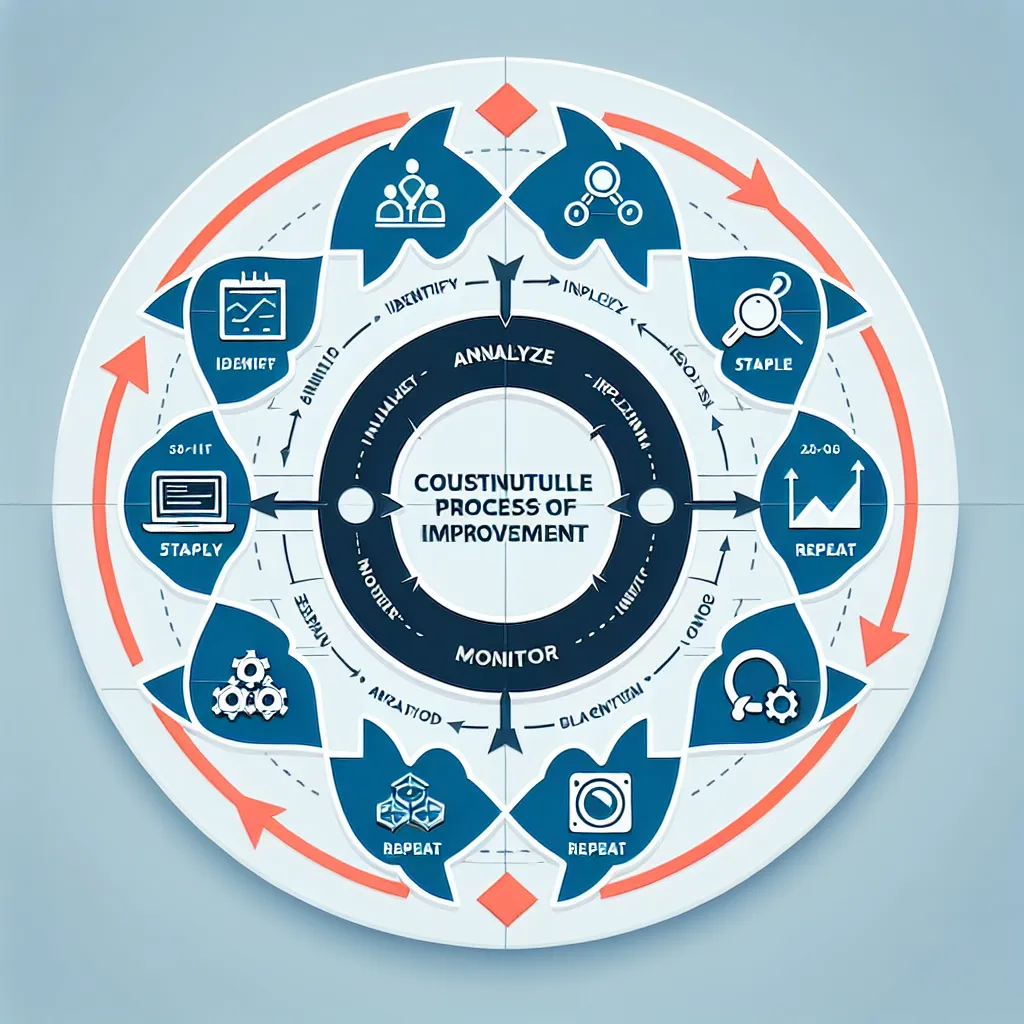Are you preparing for a job interview in English? One of the most common questions you might encounter is “What are you looking for in your next job?” This question provides an excellent opportunity to showcase your career aspirations and demonstrate your fit for the position. In this comprehensive guide, we’ll explore effective strategies to answer this crucial interview question and help you make a lasting impression on your potential employer.
Understanding the Question’s Importance
Before we dive into crafting the perfect response, it’s essential to understand why interviewers ask this question. When recruiters inquire about what you’re seeking in your next role, they’re trying to:
- Assess your career goals and motivations
- Determine if your aspirations align with the company’s offerings
- Gauge your understanding of the position and the organization
- Evaluate your level of preparation for the interview
By comprehending the purpose behind this question, you can tailor your answer to address these points effectively.
 Interview Preparation
Interview Preparation
Strategies for Crafting an Impressive Answer
1. Research the Company and Position
Before your interview, thoroughly research the company and the specific role you’re applying for. This knowledge will help you align your answer with the organization’s values and the job requirements.
2. Highlight Relevant Skills and Experience
When discussing what you’re looking for, focus on skills and experiences that are directly relevant to the position. This approach demonstrates your suitability for the role.
3. Show Enthusiasm for Growth Opportunities
Employers appreciate candidates who are eager to learn and grow. Express your interest in professional development opportunities within the company.
4. Emphasize Cultural Fit
Mention aspects of the company culture that appeal to you, showing that you’ve done your homework and are genuinely interested in being part of the team.
5. Be Specific and Realistic
Provide concrete examples of what you’re seeking, but ensure your expectations are realistic and aligned with what the company can offer.
Sample Answers and Analysis
Let’s examine some effective responses to “What are you looking for in your next job?” along with an analysis of why they work well.
Entry-Level Position
Sample Answer: “In my next role, I’m looking for an opportunity to apply the skills I’ve gained through my education and internships in a dynamic environment. I’m particularly excited about the prospect of working in a team-oriented culture where I can contribute to meaningful projects while continuing to learn and grow professionally. Your company’s commitment to employee development and innovative approach to [specific industry] aligns perfectly with my career aspirations.”
Analysis: This answer demonstrates enthusiasm, a willingness to learn, and knowledge of the company. It also highlights the candidate’s desire for teamwork and professional growth, which are attractive qualities to many employers.
Mid-Level Position
Sample Answer: “In my next position, I’m seeking a role that allows me to leverage my five years of experience in [specific field] while taking on new challenges. I’m particularly interested in a company that values innovation and encourages employees to think creatively to solve complex problems. From what I’ve researched about your organization, it seems that you prioritize these aspects, which is very appealing to me. Additionally, I’m looking for opportunities to mentor junior team members and contribute to the overall growth of the department.”
Analysis: This response showcases the candidate’s experience and desire for growth. It also demonstrates research into the company and a willingness to take on leadership responsibilities, which is valuable for mid-level positions.
Senior-Level Position
Sample Answer: “At this stage in my career, I’m looking for a role where I can make a significant impact on the organization’s strategic direction. I’m drawn to your company because of its industry leadership and commitment to innovation. I’m seeking an opportunity to apply my 15 years of experience in [specific field] to drive initiatives that will contribute to the company’s long-term success. Additionally, I’m excited about the prospect of mentoring and developing a high-performing team while continuing to expand my own skill set in areas such as [relevant emerging technology or trend].”
Analysis: This answer reflects the candidate’s extensive experience and leadership qualities. It also shows an understanding of the company’s position in the industry and a desire to contribute at a strategic level, which is crucial for senior roles.
Common Mistakes to Avoid
When answering this question, be careful to avoid these common pitfalls:
- Being too vague: Provide specific examples of what you’re looking for rather than generic statements.
- Focusing solely on personal benefits: While it’s okay to mention what you hope to gain, also emphasize what you can contribute to the company.
- Neglecting to research the company: Failing to demonstrate knowledge of the organization can make you appear unprepared or disinterested.
- Overemphasizing salary or perks: While these are important, they shouldn’t be the primary focus of your answer.
- Contradicting the job description: Ensure your aspirations align with what the role actually offers.
Follow-up Questions and Suggested Responses
Interviewers may ask follow-up questions to delve deeper into your motivations and expectations. Here are some potential questions along with suggested responses:
-
Q: How does this position align with your long-term career goals?
A: “This position aligns perfectly with my long-term goal of becoming a leader in [specific field]. The opportunity to work on [mention specific projects or responsibilities] will provide me with the experience and skills necessary to grow into more senior roles in the future.” -
Q: What aspects of our company culture appeal to you most?
A: “I’m particularly drawn to your company’s emphasis on collaboration and innovation. The fact that you encourage employees to contribute ideas and take ownership of projects resonates with my own work style and values.” -
Q: How do you plan to contribute to our team’s success?
A: “I plan to contribute by leveraging my expertise in [specific skill or area] to help streamline processes and improve efficiency. Additionally, I’m excited to bring fresh perspectives and ideas to the team, fostering an environment of continuous improvement.” -
Q: What type of work environment do you thrive in?
A: “I thrive in a dynamic environment that encourages creativity and teamwork. I appreciate workplaces that provide clear goals but also allow flexibility in how to achieve them, as this fosters innovation and personal growth.” -
Q: How do you stay updated with industry trends and developments?
A: “I stay current by regularly reading industry publications, attending relevant conferences, and participating in online forums and webinars. I also believe in the power of networking and often exchange ideas with colleagues in the field.”
 Career Growth
Career Growth
Conclusion
Effectively answering “What are you looking for in your next job?” requires a combination of self-reflection, research, and strategic communication. By aligning your aspirations with the company’s offerings and demonstrating your value, you can make a strong impression and increase your chances of landing the job.
Remember to be honest, specific, and enthusiastic in your response. Tailor your answer to the particular role and company, and always be prepared to elaborate on your points. With practice and preparation, you can turn this common interview question into an opportunity to showcase why you’re the ideal candidate for the position.
For more tips on acing your English interview, check out our guide on how to prepare for an English interview. And if you’re looking to improve your overall English skills for professional settings, don’t miss our article on tips for mastering English through mock interviews.




